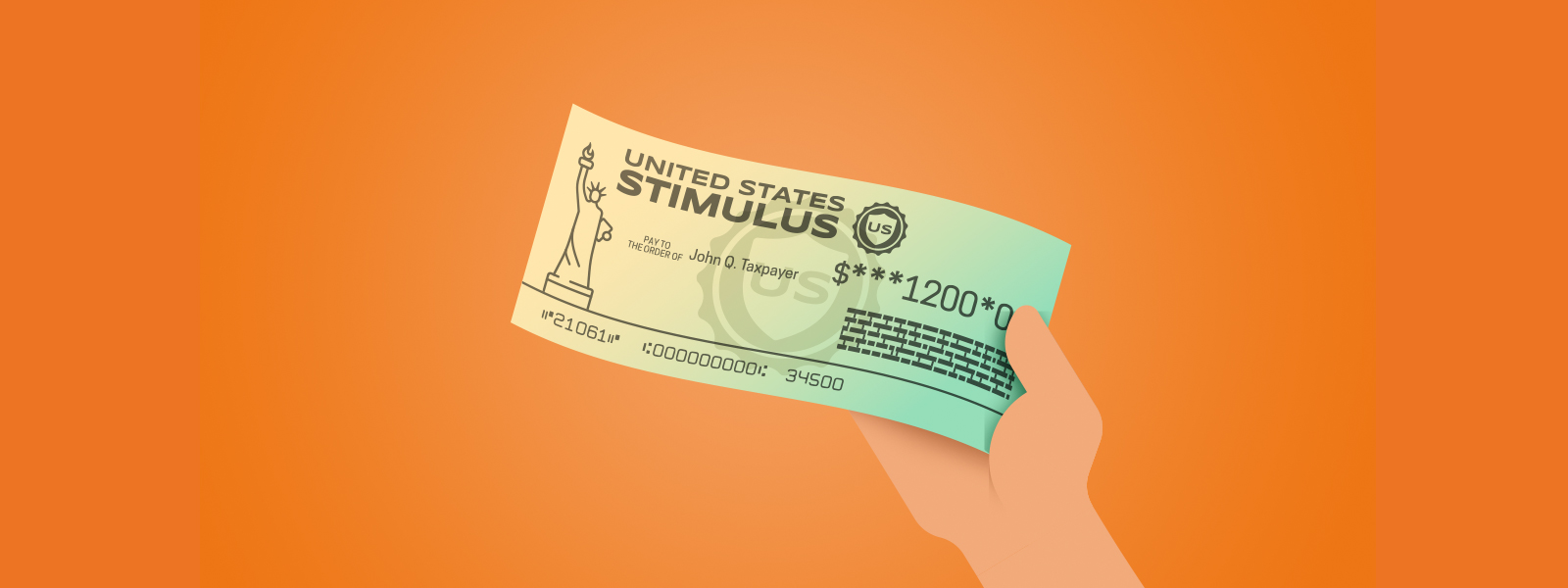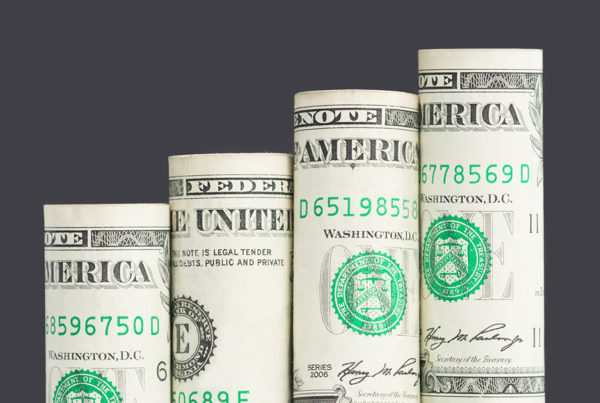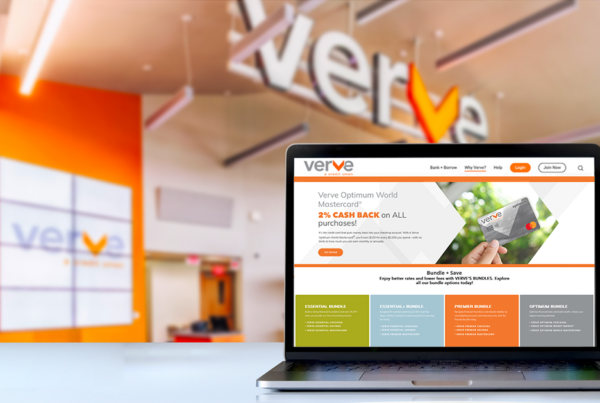The impact of the novel coronavirus (COVID-19) has been felt in every community across the U.S. As part of the federal government’s financial response to the COVID-19 crisis, many Americans will receive coronavirus stimulus checks in the coming weeks.
What to Expect
In mid-April, the U.S. Treasury Department and Internal Revenue Service (IRS) began distributing coronavirus relief checks—also known as economic impact payments—through direct deposit to eligible taxpayers. Those who do not have direct deposit account information on file with the IRS can expect to receive physical checks in the mail. The IRS uses information from taxpayers’ most recent filings from either 2019 or 2018 to determine payment eligibility and amounts. Visit the IRS website for additional information on the amount you can expect, as well as other answers to frequently asked questions. If you need to provide direct deposit information to the IRS, you can access a portal that will be launched mid-April on the IRS’s Economic Impact Payments page.
So whether you already received your federal coronavirus stimulus check or you expect to in the coming weeks, now is the time to make a plan for what to do with the money. It can be tempting to look at an unplanned, sizable deposit as “bonus money,” but we’ve got a few smarter ideas about how to best use your coronavirus stimulus check.
Avoid Scams
Keep in mind that the IRS will not contact you for identifying information or account details. They won’t call, email or text for your personal or banking information. Remember, by mid-April you will be able to update direct deposit information via a portal on the IRS’s Economic Impact Payments page. The IRS also offers information on how to update your mailing address.
How Will You Use Your Coronavirus Stimulus Check?
-
Use the Money to Pay Bills.
If you’re among the many Americans who have already lost income to layoffs or furloughs caused by the pandemic, you can put your federal stimulus check to work by using it to help pay for necessities through the coming months, such as rent or mortgage payments, utilities, groceries, medical care or prescriptions, and other necessities. Keep in mind that decisions have yet to be made about how long some businesses will be required to remain closed. Plan for a longer term if you can, and prioritize based on necessity.
-
Save for Just in Case.
If you’re lucky enough to be expecting a federal stimulus check and you don’t have an immediate, urgent need, now is the time to save. Add it to your emergency fund—and if you don’t have an emergency fund, your federal stimulus check is a great start. Aim to have three to six months’ worth of expenses covered in your emergency fund.
-
Pay Down Debt for Your Long-term Financial Health.
By prioritizing and paying off or paying down higher-interest debt first, you can reduce your overall debt burden and make a huge dent in how much interest you pay over the life of your loans. Not sure where to start? Take a look at credit cards or vehicle loans. Verve’s Let’s All Do This program includes a six-month, zero-interest credit card balance transfer, as well as low rates and a 90-day-no-pay option when you bring us your vehicle loan from another financial. You can combine these offers with your coronavirus stimulus check and make it work harder for you.
-
Invest for the Future Beyond COVID-19.
If your emergency reserve is well funded, Verve’s team can help you explore investment options that may have even greater returns than a traditional savings account whether you want to strengthen your retirement savings, add to a college fund or save for just about anything else life might have in store for you. The most important thing to keep in mind is that with Verve, a federally insured, NCUA-affiliated credit union, your money is safe.
-
Spend it—Wisely.
Say your bills are covered, your emergency savings is at a level where you feel secure and even your future is shored up. Consider the good you can do by spending some of that economic impact payment. Whether that means donating to a local food bank or nonprofit, or making purchases at small or local businesses, your choices can also support the greater good.
Not Receiving a Stimulus Check? Verve Can Help.
Not everyone will qualify to receive coronavirus economic impact payments, but all Verve members can apply for Let’s All Do This loan and payment options to help manage through the financial stress of the COVID-19 pandemic. Whether or not you expect a check, don’t wait to take action to strengthen and shore up your finances. Eliminate high-interest debt, keep your payments manageable, maintain a healthy credit report and make sure your loans stay on track. Verve’s team members are here to help you choose the options that work best for you.






 Federally Insured by NCUA |
Federally Insured by NCUA |  Equal Housing Opportunity |
Equal Housing Opportunity |